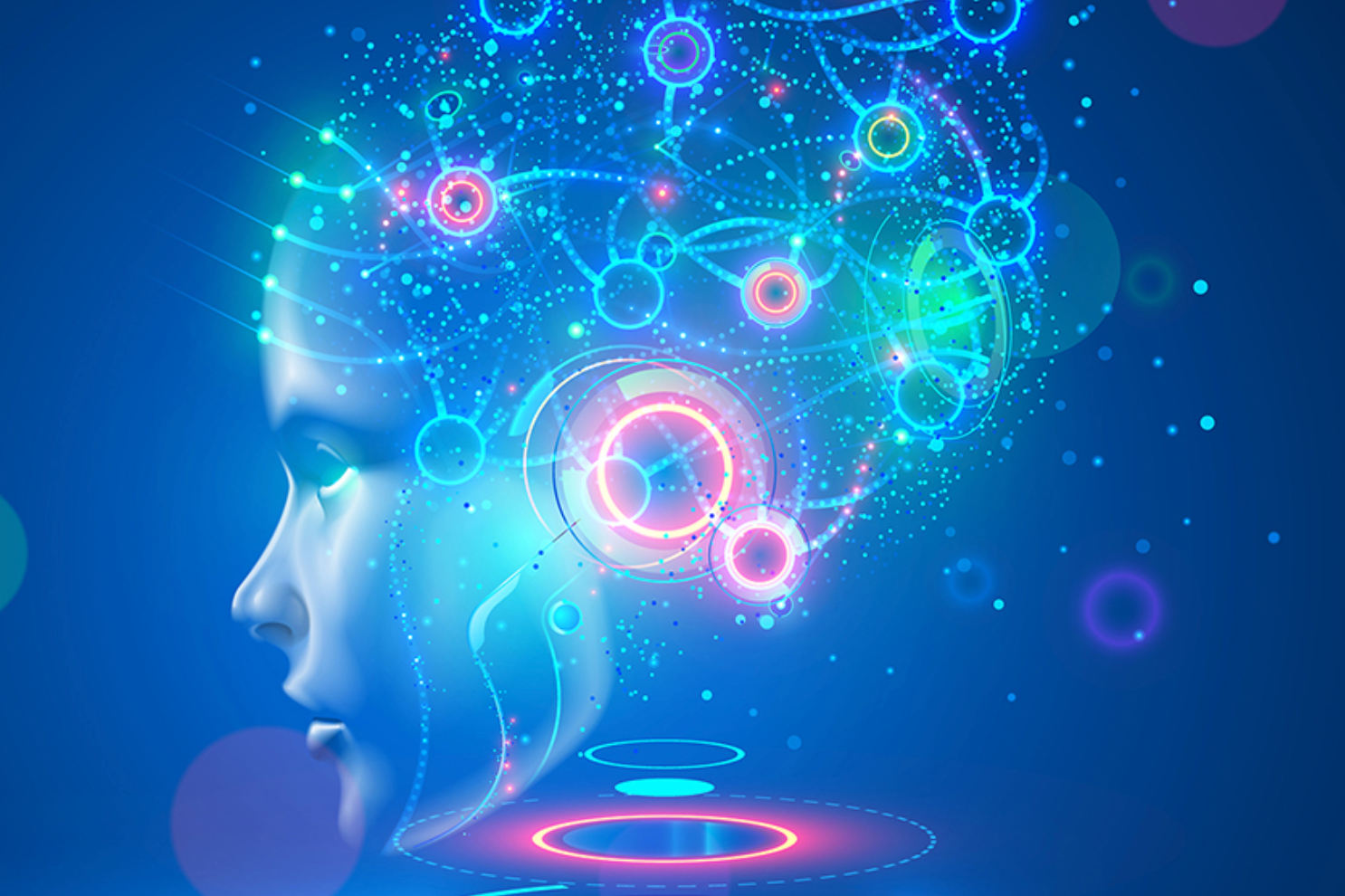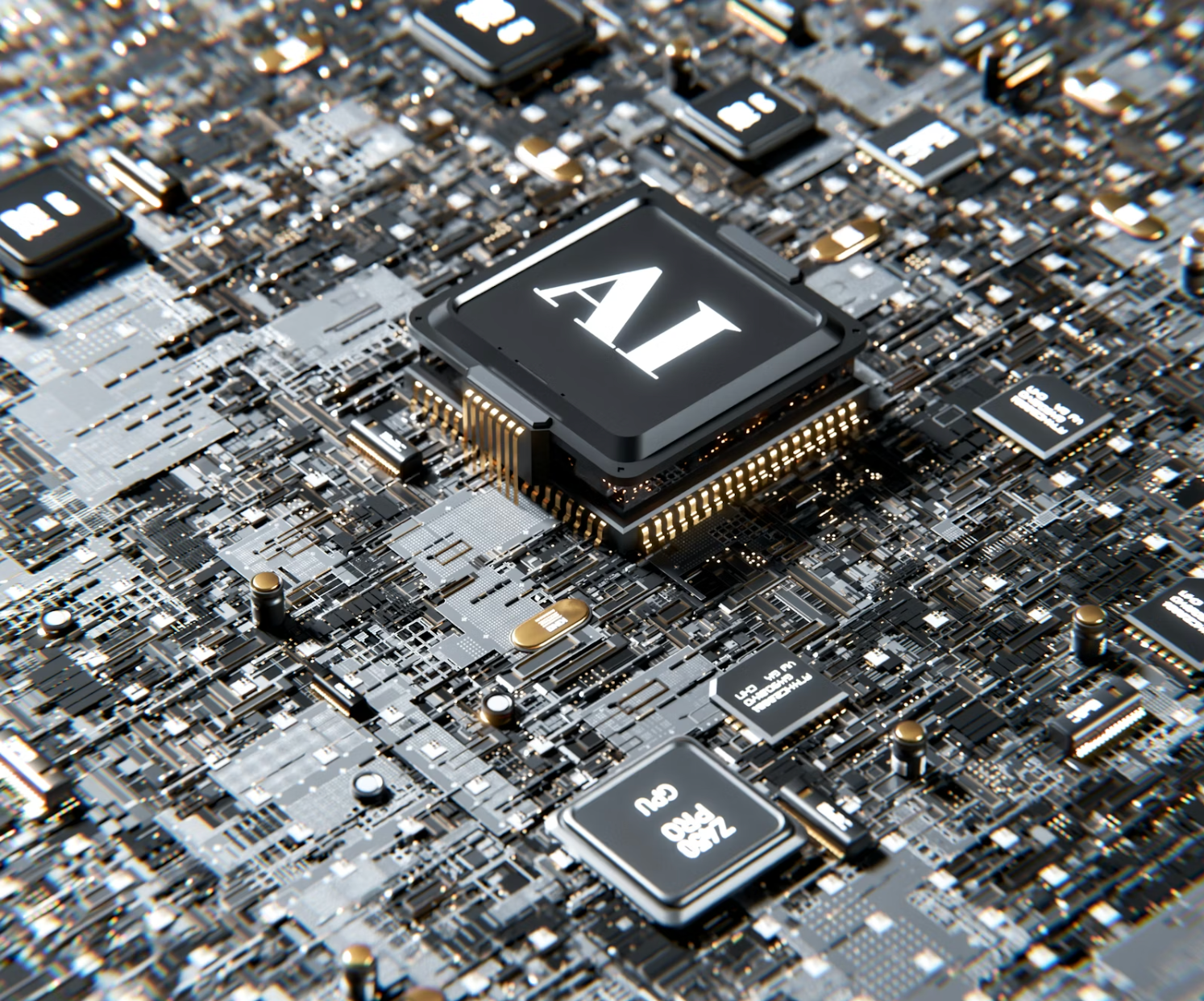Let’s Talk About It Tuesday: The Rise of Artificial Intelligence in STEAM
Let’s Talk About It Tuesday: The Rise of Artificial Intelligence in STEAM

Let’s Talk About It Tuesday: The Rise of Artificial Intelligence in STEAM
In today’s world, Artificial Intelligence (AI) is no longer just a concept seen in sci-fi movies—it’s a powerful force transforming Science, Technology, Engineering, Arts, and Mathematics (STEAM) fields. From automating tasks to making groundbreaking discoveries, AI is shaping the future of almost every industry. But what does this mean for those pursuing a career in STEAM, and how can we harness this technology responsibly? Today, let's dive into the rise of AI, its impact, and what it means for you.
How AI is Revolutionizing STEAM
1. Science: Accelerating Discoveries
AI's ability to analyze massive datasets quickly is speeding up scientific research. For example, DeepMind’s AI, AlphaFold, solved a 50-year-old biology problem by predicting protein structures, potentially revolutionizing medicine and biotechnology. AI's data-crunching power allows scientists to focus on innovation rather than being buried in analysis.
2. Technology: Enhancing Everyday Life
From personalized recommendations on Netflix to voice assistants like Siri and Alexa, AI technology is woven into our daily lives. In software development, AI helps debug code, predict user behavior, and improve cybersecurity by identifying potential threats before they cause harm.
3. Engineering: Optimizing Efficiency
Engineers are using AI for predictive maintenance in fields like aerospace and manufacturing. AI algorithms can foresee equipment failures before they happen, saving time, money, and even lives. Self-driving cars, powered by AI, are another example of how this technology is redefining engineering solutions.
4. Arts: Redefining Creativity
The arts might not be the first field you think of when it comes to AI, but the two are increasingly intertwined. AI-generated music, paintings, and even scripts are becoming more sophisticated. Artists now collaborate with AI tools to explore new creative territories, challenging traditional notions of authorship and creativity.
5. Mathematics: Solving Complex Problems
AI algorithms thrive on mathematical models, making them invaluable in solving complex problems. AI has helped mathematicians prove theorems and tackle problems once thought impossible. In finance, AI uses mathematical models to predict market trends, manage risk, and optimize investments.
Opportunities and Challenges in AI for STEAM Careers
The Upside:
- New Jobs: AI is creating new roles like AI ethicists, machine learning engineers, and data scientists.
- Efficiency: Automating repetitive tasks allows professionals to focus on strategic and creative aspects of their jobs.
- Personalization: AI’s ability to customize learning experiences in education could transform how we approach STEAM subjects.
The Challenges:
- Ethics and Bias: AI systems can perpetuate biases if not designed responsibly. Addressing this requires a strong ethical framework.
- Job Displacement: While AI creates jobs, it also threatens to automate many. Upskilling will be crucial.
- Data Privacy: AI relies on vast amounts of data, raising concerns about privacy and surveillance.
How to Prepare for an AI-Driven Future in STEAM
1. Learn AI Basics:
Understanding machine learning, neural networks, and algorithms can give you a significant advantage. Platforms like Coursera, Udemy, and Khan Academy offer AI courses tailored for beginners.
2. Build a Portfolio:
Showcase your AI skills through projects. Whether it’s building a chatbot, analyzing data, or creating AI art, practical experience speaks volumes to employers.
3. Emphasize Ethics:
The call for ethical AI is growing. Knowledge of AI ethics and bias mitigation can make you a valuable asset in any STEAM field.
4. Stay Curious:
AI is evolving fast. Follow AI researchers, subscribe to industry newsletters, and attend AI conferences to stay ahead of the curve.
AI Success Story: Fei-Fei Li
To understand AI's impact, look no further than Dr. Fei-Fei Li, a leading figure in AI and co-director of Stanford’s Human-Centered AI Institute. Growing up, Fei-Fei moved from China to the U.S. and faced language barriers and cultural challenges. Her passion for computer science led her to develop ImageNet, a dataset that trained AI to recognize images—a breakthrough that significantly advanced computer vision. Fei-Fei’s journey emphasizes the importance of resilience, curiosity, and an ethical approach to AI.
Final Thought: Embracing AI in STEAM
AI’s rapid rise isn’t just a trend; it’s a fundamental shift in how we approach science, technology, engineering, arts, and mathematics. Embracing AI responsibly can lead to incredible advancements—from curing diseases to exploring distant planets.














